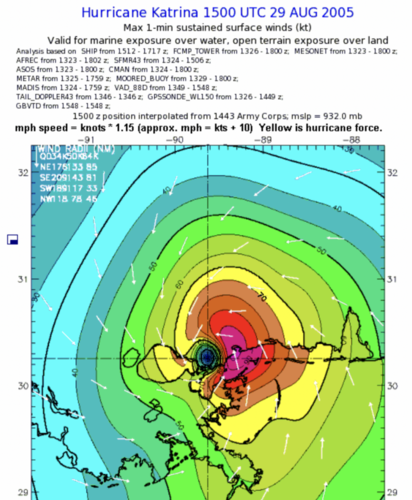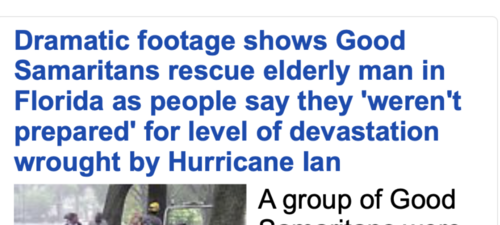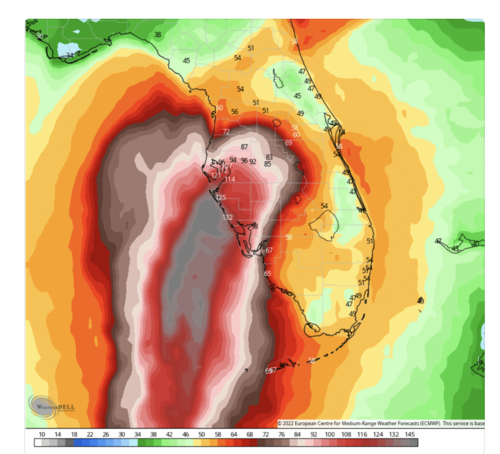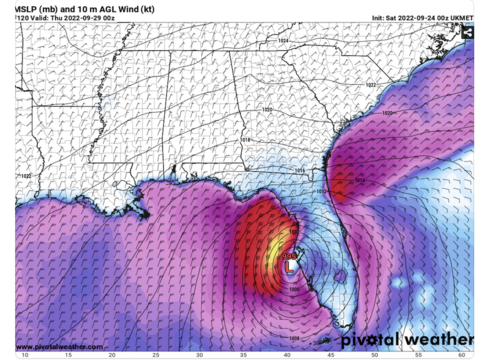John Robinson
EF1
Here's a quote from the Lee County, Florida, sheriff on ABC Thursday morning:
“While I don’t have the confirmed numbers, I definitely know the fatalities are in the hundreds,” the sheriff said. “There are thousands of people that are waiting to be rescued and, again, cannot give a true assessment until we’re actually on the scene, assessing each scene, and we can’t access people, that’s the problem.” The quote was pretty widely reported initially, but not very much by late afternoon. News media having some doubts, perhaps?
Then the president came along later in the day with this:
"This could be the deadliest hurricane in Florida's history"
This was very widely quoted by the news media and used in some headlines. I didn't see anyone question whether this could be true. But, the historical record shows that the hurricane that struck Palm Beach and the Lake Okeechobee area in September, 1928 killed between 2500 and 3000 people. Does anyone believe that Ian's death toll could be this high?
Undoubtedly the death toll will continue to rise for days. It's possible that some people could have been washed out to sea and will never be found. But we certainly need to hope that the estimates that were quoted above will end up being grossly exaggerated.
“While I don’t have the confirmed numbers, I definitely know the fatalities are in the hundreds,” the sheriff said. “There are thousands of people that are waiting to be rescued and, again, cannot give a true assessment until we’re actually on the scene, assessing each scene, and we can’t access people, that’s the problem.” The quote was pretty widely reported initially, but not very much by late afternoon. News media having some doubts, perhaps?
Then the president came along later in the day with this:
"This could be the deadliest hurricane in Florida's history"
This was very widely quoted by the news media and used in some headlines. I didn't see anyone question whether this could be true. But, the historical record shows that the hurricane that struck Palm Beach and the Lake Okeechobee area in September, 1928 killed between 2500 and 3000 people. Does anyone believe that Ian's death toll could be this high?
Undoubtedly the death toll will continue to rise for days. It's possible that some people could have been washed out to sea and will never be found. But we certainly need to hope that the estimates that were quoted above will end up being grossly exaggerated.




